Groovy
Transform Collection to a Map with collectEntries
@mrhaki covers another usual programming operation which Groovy makes easy.
Since Groovy 1.7.9 we can use the collectEntries method for a Collection to get a Map. We use a closure to transform the elements in the collection to a map entry. And the end result is a Map with all the map entries.
Why Groovy is not that famous?
Always interesting to read a list of impressions, positive and negative, for someone joining the Groovy Groovy ecosystem.
Why not that famous? @micnasti thoughts:
Since I see a lot of good points and a very limited list of disadvantages, why Groovy has not shined like a star? Like… Scala, for example. It is seen as a simple tool, like the very first versions of javascript, but I have done many complex things that cross the boundaries of one programming language.
Gradle
How to decrease your Gradle build time by 65%?
@kevalpatel2106 explains how to decrease build time by understanding:
- Gradle Build Phases
- configure-on-demand
- Daemon
- Heap Size
- Modularize
- Parallelise
- Don't use dynamic dependency.
Ratpack
Develop a microservice with Ratpack
@micnasti decided to write a microservice with Ratpack. He enumerates Ratpack features and experiences with his adoption.
Choosing between Ratpack and Dropwizard.
Interesting post by @phill_barber1 comparing DropWizard against Ratpack. Similar comparisions are happening in other companies to evaluate technology adoption.
He covers the next topics.
Performance evaluation:
- Success responses per second
- Heap Memory Usage
- Process' share of CPU
- Number of threads
Other considerations:
- Logging
- Deployment
- Integration with Hystrix
- Learning Curve
▶ Ratpack, the story so far
Nice retrospective of a team with DropWizard expertise adopting Ratpack by @phill_barber1.
He describes the challenges faced to move to Ratpack’s async paradigm, possible mistakes, etc. Moreover, he describes decisions such as their use Rx Java to avoid coupling with Ratpack into the whole services layer and the problems derived from not going all-in in the framework.

I work in the Grails OCI Team. As you can imagine working, Grails is the center of my day-to-day work. Nonetheless, Groovy ecosystem goes way beyond Grails.
In this issue, I don't talk about Grails but about Gradle, Ratpack and Groovy.
Sergio del Amo